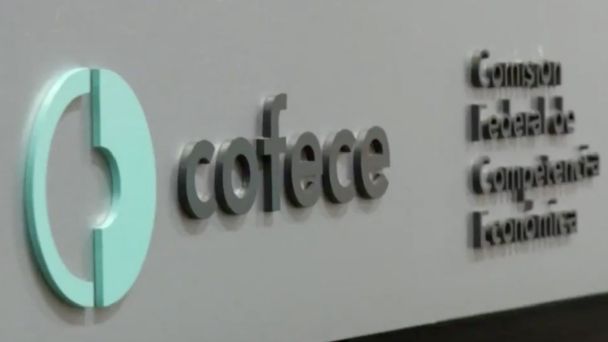
(Argus, 21.Dec.2020) — Proposed changes to rules governing importing and exporting hydrocarbons, refined products and petrochemicals in Mexico would “seriously affect competitive conditions in the commercialization of fuels,” competition watchdog Cofece said.
Cofece called on the economic development ministry (SE) to not issue a proposal that would give the government more discretion to revoke unused permits and change their terms plus not allow new 20-year permits. It would also add import permit requirements for base oils, oxygenates and some petrochemicals.
“The 20-year permits give certainty to market participants about its long-term permanence and participation in the market,” Cofece said. “This certainty motivates investments in fuel storage and transportation infrastructure.”
Current law allows for one-year permits that can be renewed up to three times, and 20-year import permits that can be renewed once for 10 years. The proposal would only allow both one- and five-year permits, which can be renewed one time each for the same number of years.
Other changes that would hurt competition include giving the energy ministry (Sener) power to lower the requested volume in approving import permits, Cofece said.
The lack of a response to a permit within established timeframes would also imply that the permit is denied under the new proposal, compared with the current assumption that a missed deadline on part of the regulator essentially approves the permit.
The proposal also adds new filing requirements, including monthly projections of the operational costs of importing, evidence that fiscal and tax obligations have been paid and proof of compliance with the minimum fuel storage policy.
In the case of export permits, the bill also asks companies to prove the exports will not undermine national supply.
The proposal is set to take effect on 28 December, although it will not begin to apply until 18 January for several refined products including gasoline, premium gasoline, diesel, jet fuel, and fuel oil.
About 30 companies have filed formal comments about the proposal, most from the petrochemical industry.
“The new project includes this product [ethyl alcohol] as subject of the regulation with no distinction of ethanol used for fuel mixes, even though in the law it is evident that this is not a refined product, nor a hydrocarbon and should never correspond to Sener to issue an import permit for this product,” wrote Viridiana Ramos, legal representative of petrochemical maker Celanese.
The SE submitted the proposal, developed with Sener, for review by the federal commission for regulatory improvements (Cofemer) on 1 December. Cofemer, originally set up to ensure clear and streamlined regulatory processes, must review and approve certain types of proposed changes, but the proposal will require no further review. Yet Cofemer under the administration of President Andres Manuel Lopez has lost some of the autonomy held in past administration, and depends administratively on the SE.
But the recently appointed head of the SE, Tatiana Clouthier, has clashed previously with the president and is seen as having strong ties with the industrial sector in her hometown of Monterrey.
__________
By Sergio Meana

